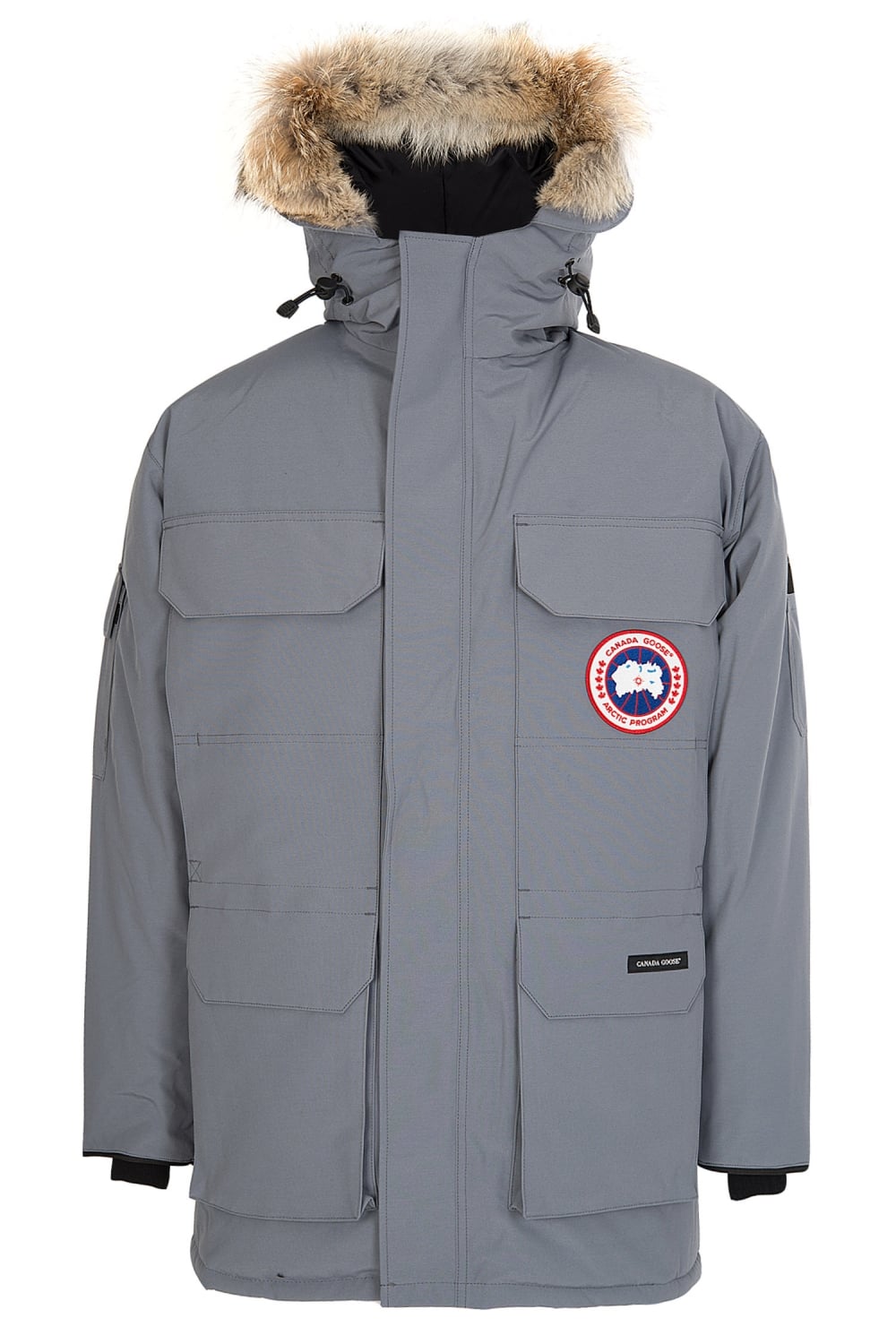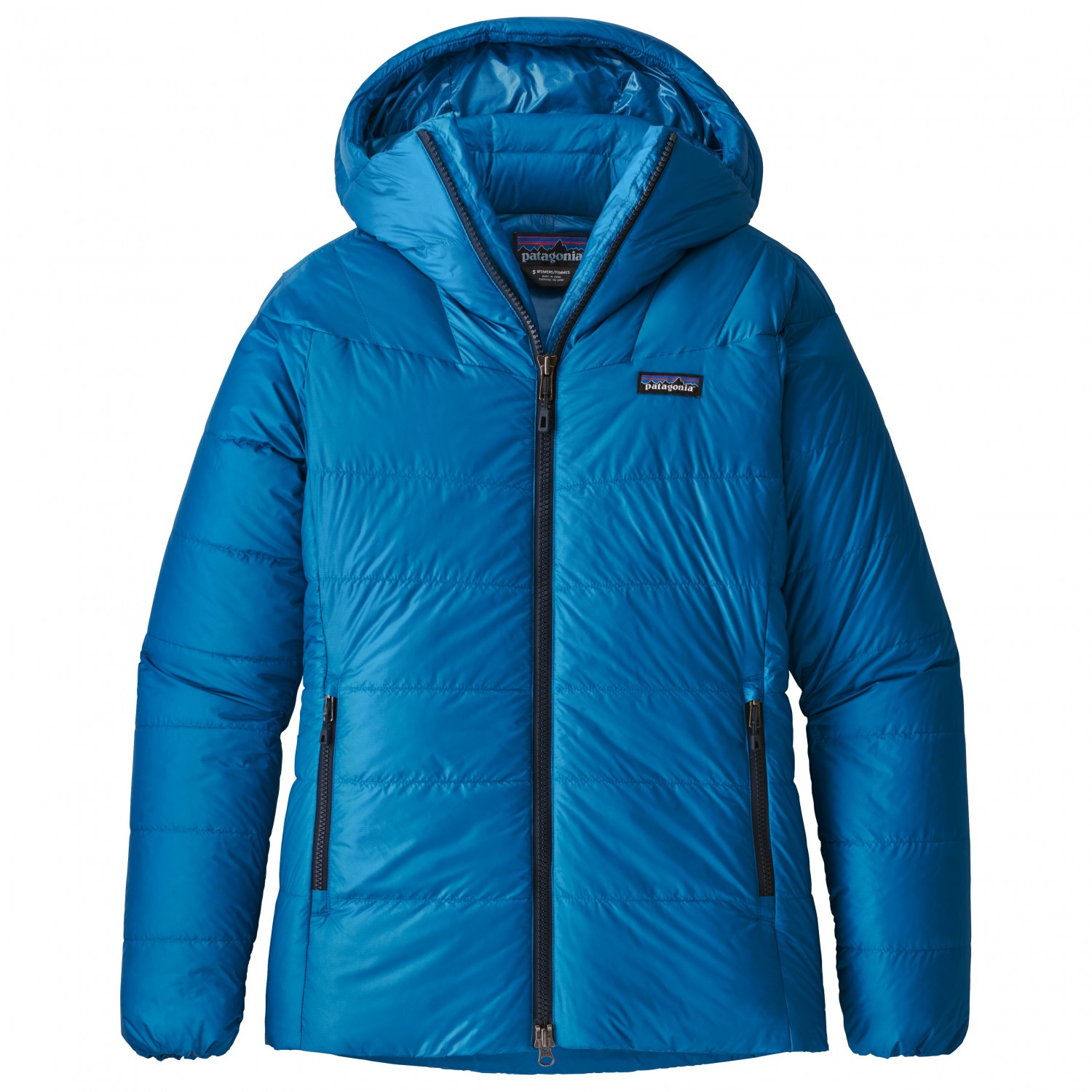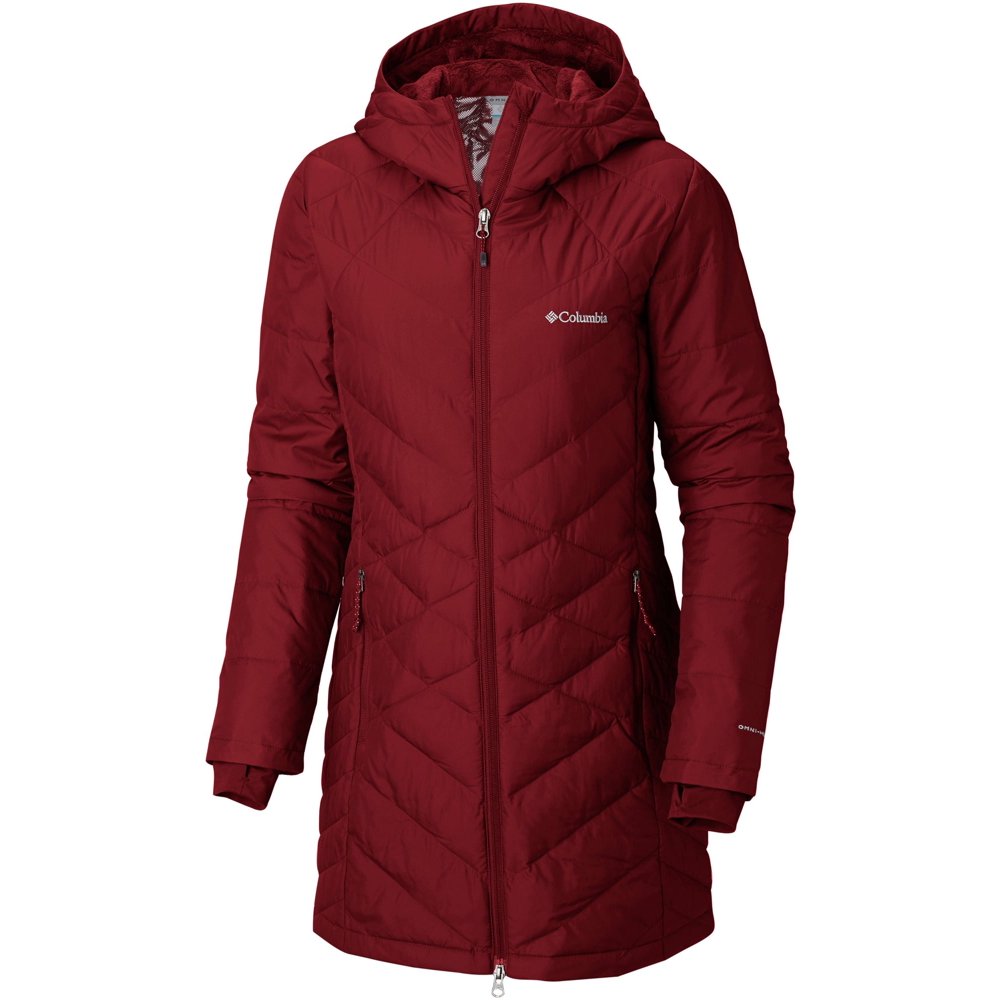PURPOSE OF POSITION: Leading a store team to meet business KPIs including driving sales, cost control, mitigating risks and stock loss, administration and ensuring world class store standards.
RESPONSIBILITIES:
Increase sales by focusing on customer service and world-class store standards, maintenance of the store image, stock management and promotional implementation
Stock loss is minimised by having a healthy store culture and following security measures, stock and cash handling procedures.
Manage cost according to the company low cost culture by driving efficiencies in the store.
Ensure administrative duties within the store are done according to the company guidelines.
Leading a dynamic team of Dynamos - taking responsibility for team training, coaching and performance.
Standards - maintain general health, safety and housekeeping standards
JOB REQUIREMENTS:
Grade 12
Proficient in English.
Relevant tertiary education - a degree/diploma in a business/retail related field would be an advantage.
Ideally 1-2 years experience in a retail environment within a leadership role.
Computer Literate (Microsoft and/or Google GSuite - will be an advantage).
ATTRIBUTES REQUIRED:
A passion for retail is essential to deliver a world-class customer experience.
Demonstrate integrity and willingness to go the extra mile.
Strong interpersonal, communication and leadership skills
Strong Managerial capabilities - ability to plan, lead, organise and control.
Ability to work under pressure in a fast-paced environment.
Willing to work retail hours.

.jpg)









.jpg)




.jpg)
.jpg)






